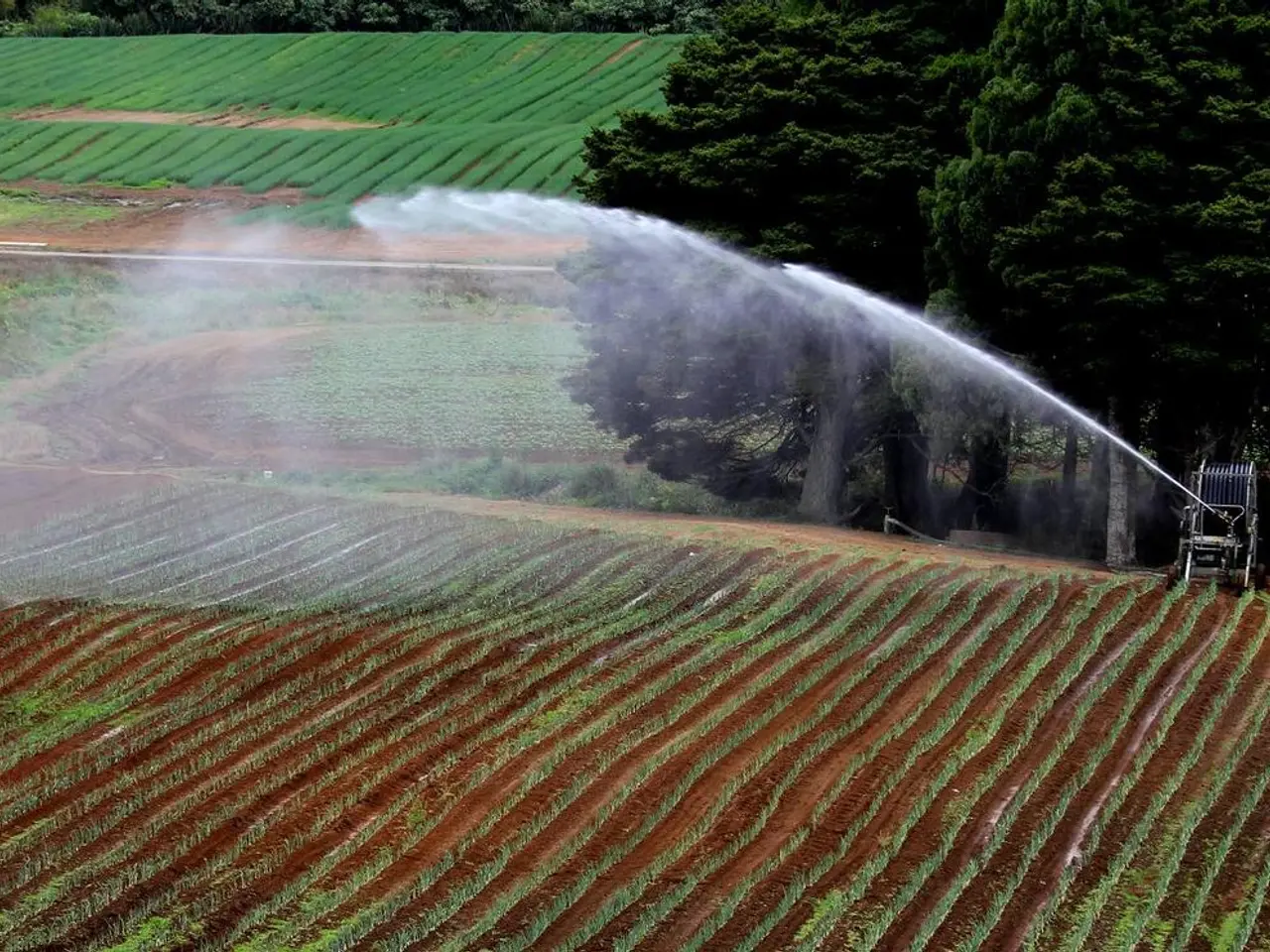Understanding Potash Fertilizer: Essential Information and Details
In the world of agriculture, potash fertilizers have proven to be a valuable asset for farmers seeking to optimise crop growth and yield. These fertilizers, rich in potassium, play a crucial role in promoting healthy plant development and boosting nutrient efficiency.
Potash is primarily composed of potassium chloride (KCl), derived from various sources of potassium found on Earth. The most common commercial potash fertilizer is potassium chloride, which contains approximately 60% K2O. This mineral-rich compound is extracted from evaporite deposits through mining processes and then processed to separate potassium chloride from other salts and clays.
Another form of potash fertilizer is potash meal, or bio potash, which is made by processing agricultural waste. This natural and organic fertilizer provides a slow-release form of potassium that steadily supplies plants with the essential nutrient over an extended period.
The benefits of potash fertilizers for crop growth are manifold. Potassium is essential for multiple functions in crops, supporting high and healthy yields. It plays a critical role in processes such as photosynthesis, enzyme activation, carbohydrate metabolism, and water regulation.
One of the key advantages of potash fertilizers is their ability to improve plant water use efficiency and reduce water stress, especially under arid conditions. By increasing water retention in plants, potash fertilizers help combat droughts and diseases.
Potash fertilizers also enhance crop quality factors such as winter hardiness, shelf life of harvested crops, fruit sugar content, and colour development. Furthermore, potassium activates over 80 enzymes necessary for protein synthesis and metabolic functions, leading to improved growth and stress resistance.
Another benefit of potash fertilizers is their ability to increase nitrogen use efficiency, which can reduce the need for nitrogen fertilizers. This not only saves farmers money but also contributes to more sustainable farming practices.
When it comes to application, potash fertilizer should be applied during the growing season, which begins from early spring to late summer. It should be applied in large but limited amounts, and it doesn't travel in soil, so it should be sprinkled in deep root zones.
However, it's important to note that excess potassium accumulation in soil can affect the ability of soils to absorb other critical nutrients and minerals, potentially reducing fertility. Therefore, careful management of potassium levels in soil is essential for maintaining soil health and productivity.
In conclusion, both mined potassium chloride potash and organic potash meal are critical in ensuring optimal plant nutrition, promoting growth, improving stress tolerance, and enhancing crop quality. Their selection and usage depend on crop requirements, soil conditions, and desired nutrient release rates. By understanding and harnessing the power of potash fertilizers, farmers can cultivate healthier, more resilient crops and contribute to a more sustainable food system.
Science plays a pivotal role in the development of health-and-wellness practices that extend beyond human healthcare, as seen in the improved cultivation of crops through the use of potash fertilizers. Fitness-and-exercise routines and healthy-diets, too, can benefit from scientific advancements in nutrition, striving to optimize plant growth and human health in synergistic ways.






